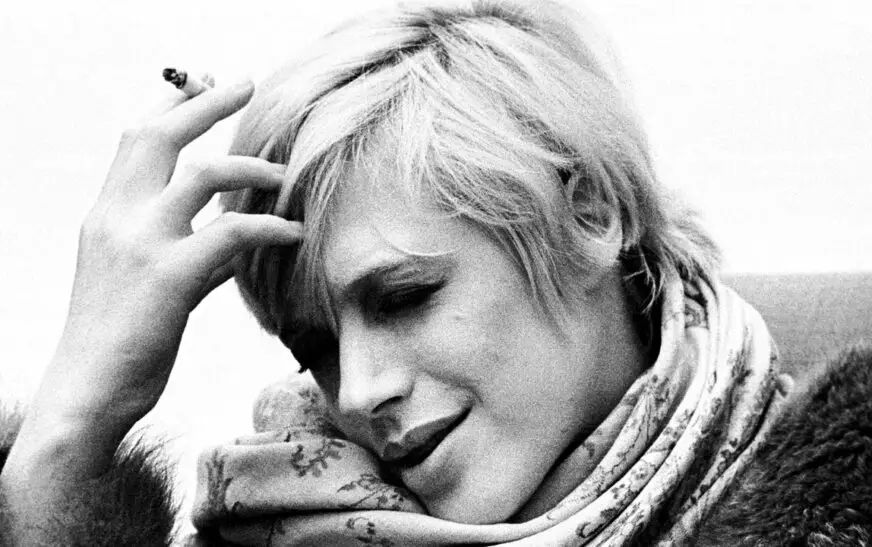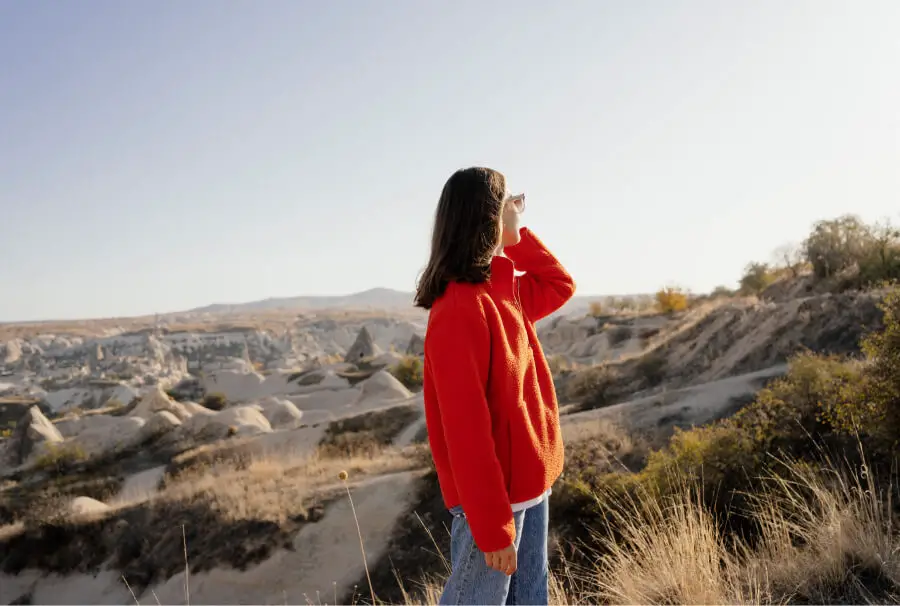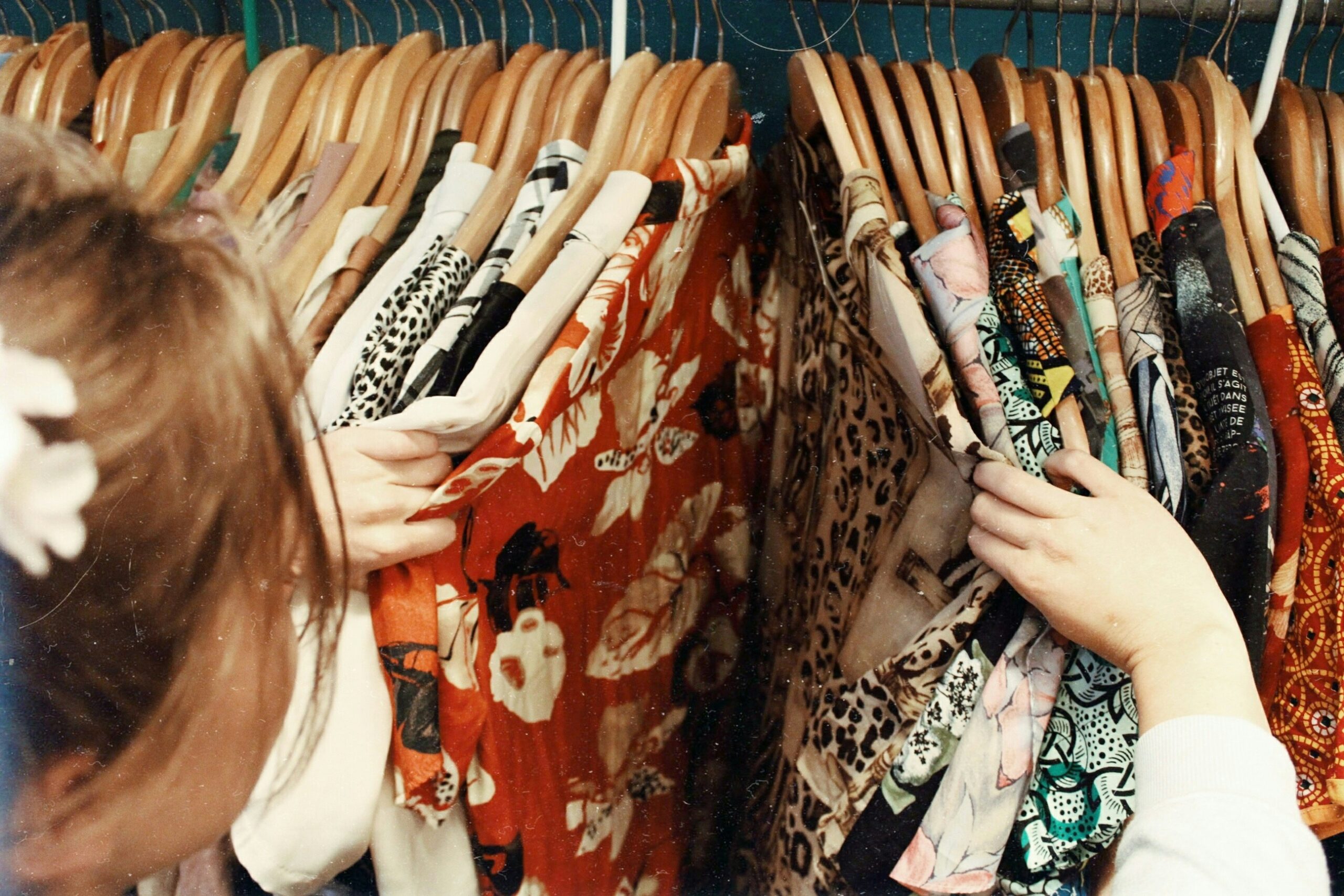
It bothered me that Faithfull was sometimes reduced to being addressed as the Rolling Stones’ “muse,” since her time with the band, however generative, was a small footnote in her own visionary artistic career. (Notably, she had to fight the Stones for years in court to earn her rightful co-writing credit on “Sister Morphine,” which she wrote with Jagger and Keith Richards, and released as a single several years before the band recorded its own version for Sticky Fingers). In more recent years she’d also been dealing with a host of health issues, including hepatitis and breast cancer. I wondered if Faithfull ever resented any of that, given that she’d been through so much. Or having to constantly be strong.
When Faithfull picked up the call that day, she seemed contented, at ease. She was at her place in Paris and surrounded by beauty. In her wonderful cigarette-cured drawl, she described how her balcony teemed with exuberance at that moment: Roses, olive trees, winter jasmine, tons of geraniums. Hopefully, she added, she could go out and plant her own herbs once she was back on her feet. In the meantime she’d been reading, watching television, and chatting on the phone at length.
It can sometimes be tough to fully connect with artists over the phone, but Faithfull was funny and incisive, full of humor and crackling stories. She brightened even more when we started talking about music, especially her collaborations with multi-hyphenates like Utley, who she’d first met in the early 2000s. We chatted for a while about her work with him over the years, and the conversation turned to how she’d been into reading all of Aldous Huxley and Charles Dickens’ novels lately, an experience she called “a real gas.”
After we’d finished talking about her work with Utley, I gathered the mettle to ask her one last thing that I’d been curious about: “What’s your cure for a broken heart?”
She laughed. “The thing to do with a broken heart is listen to country music, because it’s all about broken hearts. Endlessly,” she said. “Hank Williams, Patsy Cline, everybody. Go on, listen to country music, and it’ll make you cry and cry and cry.” She also recommended reading Roland Barthes and taking up gardening. “That’ll do it, that’ll heal a broken heart.”
“The other thing about a broken heart, of course, it takes time,” she continued. “Make yourself a really good drink and listen to country music as late as you can. If you still drink?” I said yes. “Good. Well, hit the tequila bottle, listen to country music.”
After we said our goodbyes and hung up, I felt the first surge of promise I’d had in some time. Of course that’s the answer, I thought. Faithfull’s time-tested method is so good because it nurtures the various and often conflicting forces of emotional anguish. It’s actionable. When your heart’s been ripped out, it’s not a bad thing to give into brooding for a spell, which is where country music comes in. Roland Barthes’s words will scratch your brain. Gardening fulfills a meditative purpose, and tequila (or another equivalent beverage, alcoholic or otherwise) becomes a source of levity.
I soon put Faithfull’s advice to the test. A few weeks after my conversation with her, I foolishly tried one more time to make a go of it with this guy. We set a date and agreed to meet at a bar. That evening I made the trek home from work, past the collapsing apartment I shared with two roommates, and started walking towards our meeting spot. My phone pinged. It was him. Naturally, he couldn’t make it tonight.
I turned back around, went to my apartment, and trudged into the backyard overgrown with hip-high weeds and stubborn bamboo trees. I queued up Patsy Cline’s “Strange” on my phone’s tinny speaker and started digging a hole with my bare hands, one big enough to plant a pepper tree we’d been gifted by someone a few days prior. As I heaved mealy earth out of the ground, feeling the sediment pass through my fingers, I started to feel the heaviness in my heart dislodge. I was relieved to know that the ache hadn’t ossified after all—but I knew what I really needed at that moment was some tequila.

:max_bytes(150000):strip_icc():format(jpeg)/tl-im-a-travel-writer-in-london-and-these-are-the-tk-posh-styles-everyones-wearing-for-winter-tout-b213ea7b5616420e9b93130c4a3aeb32.jpg?w=150&resize=150,150&ssl=1)





